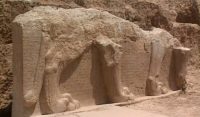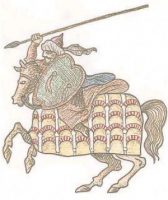Why ISIS destroys antiquities
Confucius said: "Study the past if you would define the future." In Iraq, the past is glorious and long.
This is where the world's first cities were built and where writing and organized government were first developed more than 5,000 years ago. This is the land that gave the world its first great literary work -- the Epic of Gilgamesh, king of the city of Uruk -- over 1,000 years before Homer, and over 2,000 years before Christ.
ISIS, like so many iconoclastic extremist groups through history, seeks to destroy the record of the past. In the past week, video has circulated showing neatly dressed figures wielding rather new-looking sledgehammers and destroying archaeological objects in the Mosul Museum.… Seguir leyendo »



